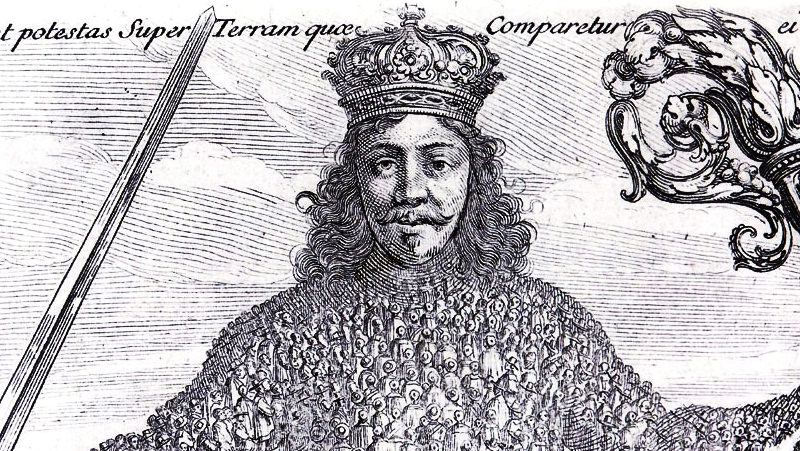Benedict Kingsbury
Read PDFRead PDFMany scholars of political power and public law, alike with much of the world’s population, have been driven in the 2020s epidemics to turn our minds to medicine, government and justice in ways we have not turned them previously. For myself—and I suspect for numerous academics—the starkest questions usually came prefaced in my mind with ‘why had I not done enough to have thought more about this before?’ Power and law in these kinds of troubled times were infused with, and bound into, the great issues of virus justice and vaccine justice with which the world and every kind of society is required daily to grapple. More abstractly, many of the initial questions for me were located in the large puzzle of how to place life-essential medical-scientific knowledge and associated technologies into these politico-social spaces and their governance. My own work recently has been on physical and digital infrastructures and the workers within and around them, and on the legal and infrastructural governance of data-information-knowledge-wisdom-justice.
In nearly every society, the existential importance of the visible and non-visible work of medical professionals as well as many other workers and caregivers on the front line in infectious disease epidemics was at the forefront in coping with COVID-19. Considerable notice and thought has long been given to this work by the people doing it, of course, and in academic terms it is also prominent in feminist and STS traditions, as well as in rich historic-cultural studies of many kinds, including specific histories of professions. Much of the deep thought about this outside Euro-Atlantic political theory has barely been absorbed inside it. In this little note, though, I write just about asking what is said (and not said) on medics in epidemic disease times within the traditional (male) power-focused Euro-Classical political theory canon—Thucydides, Hobbes, Foucault and the rest.



